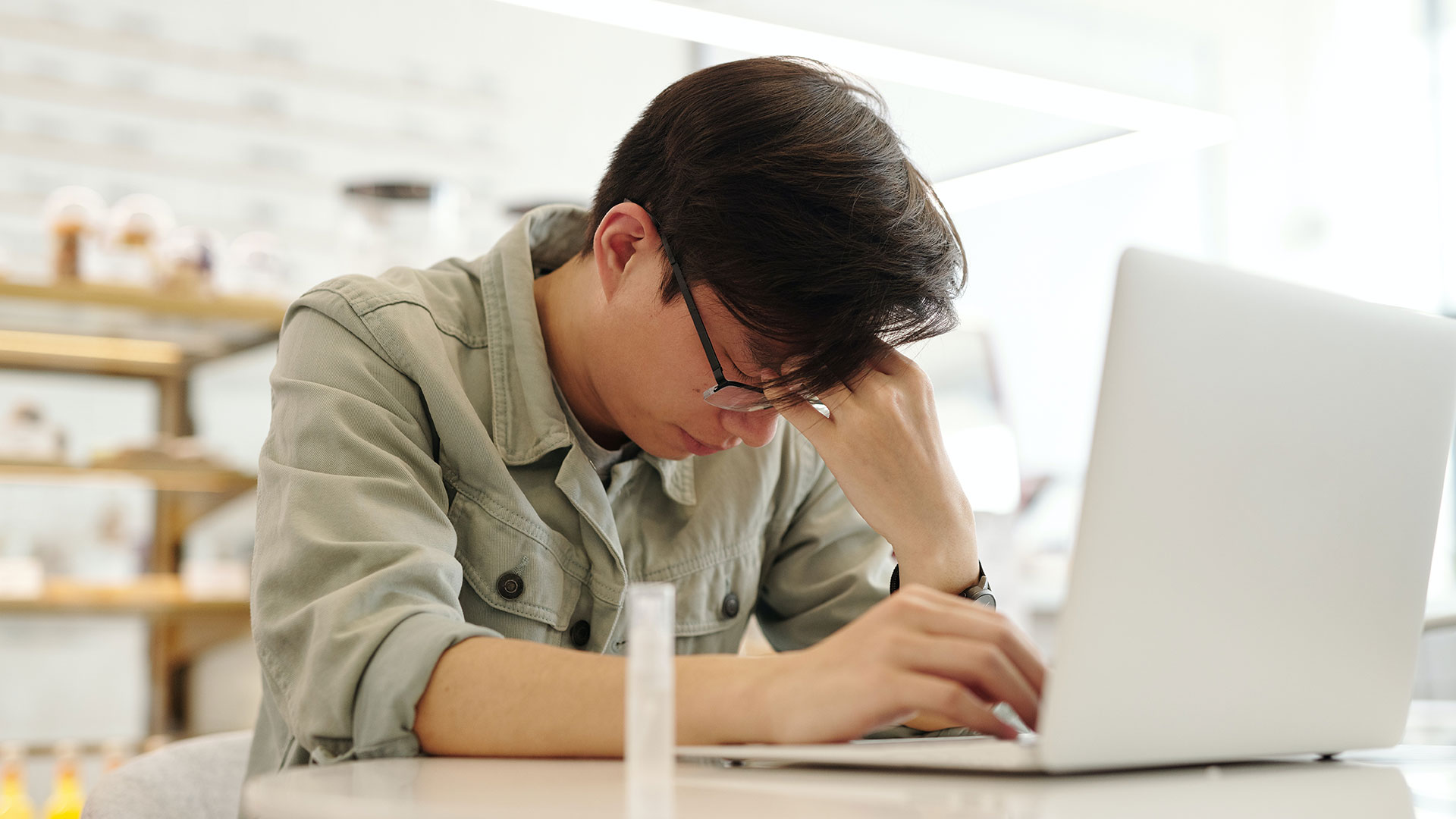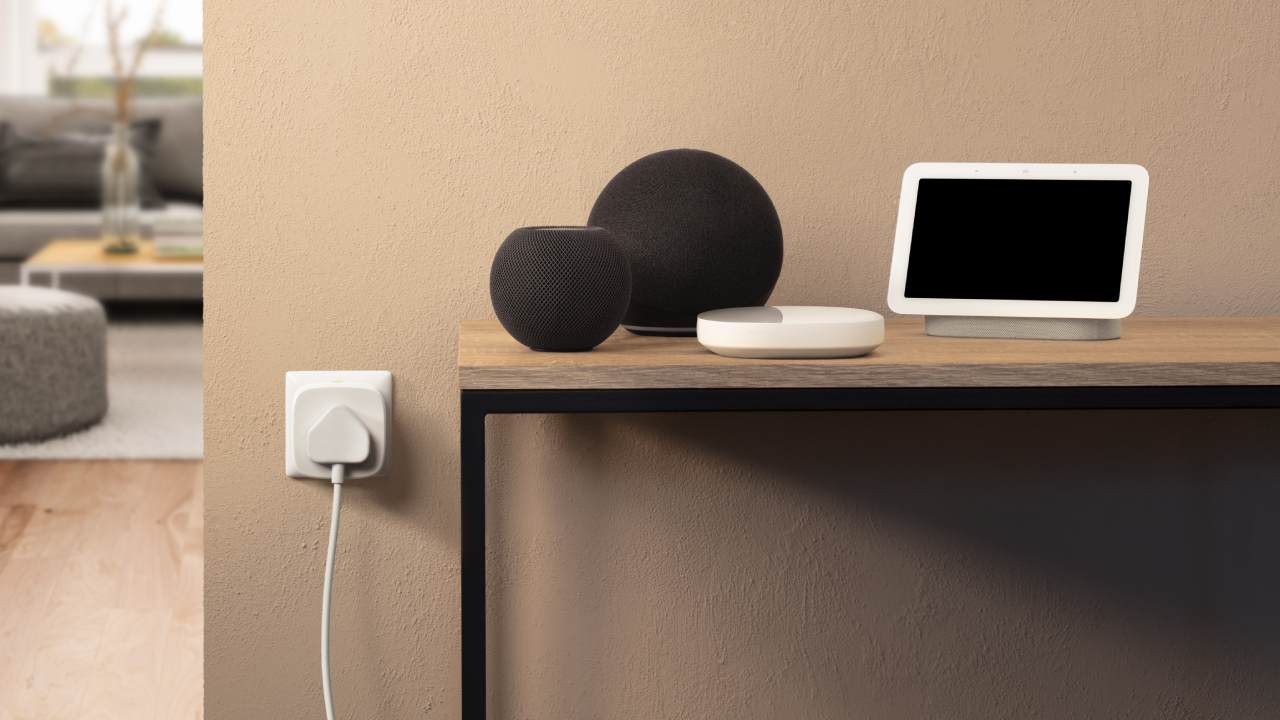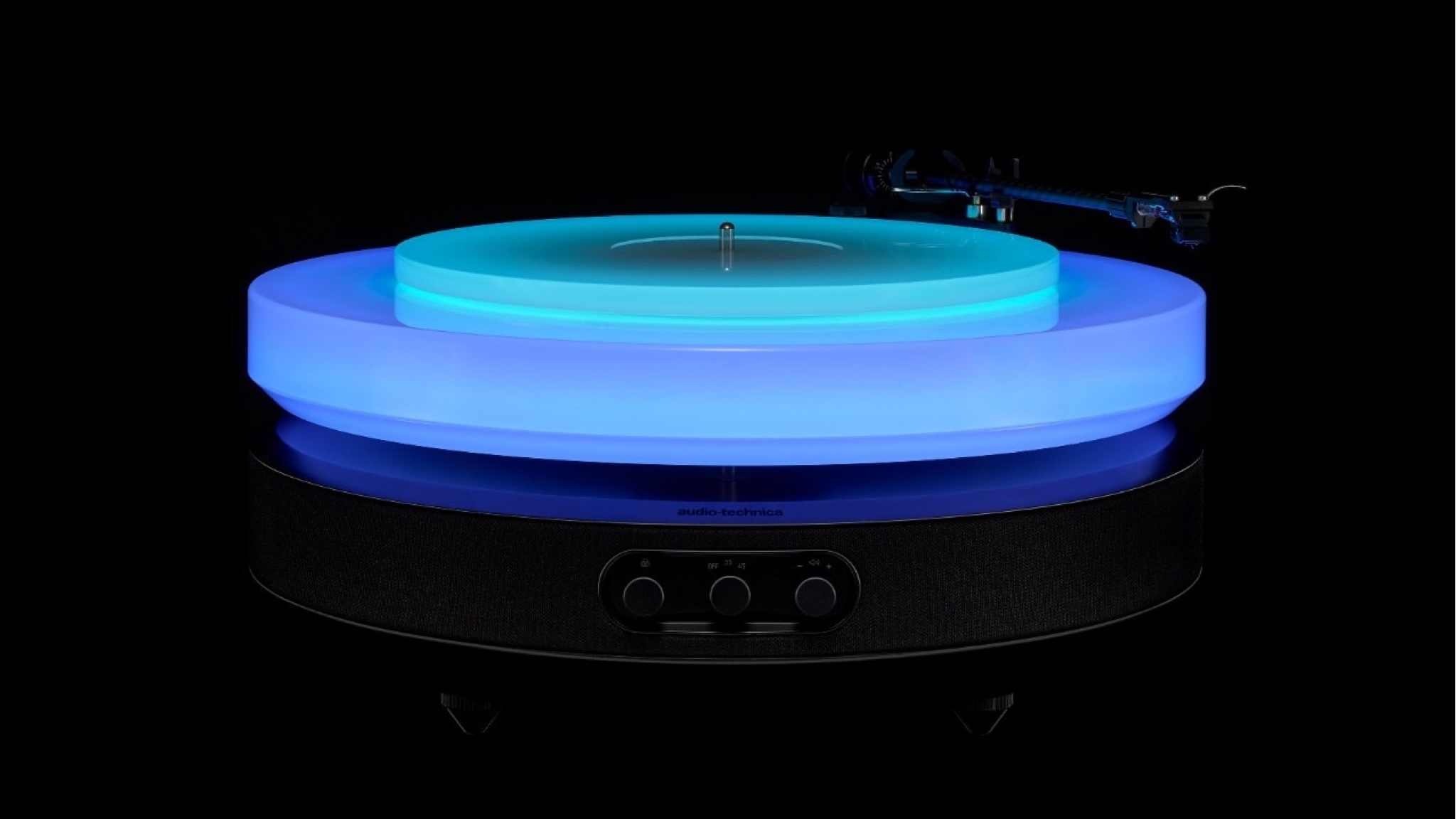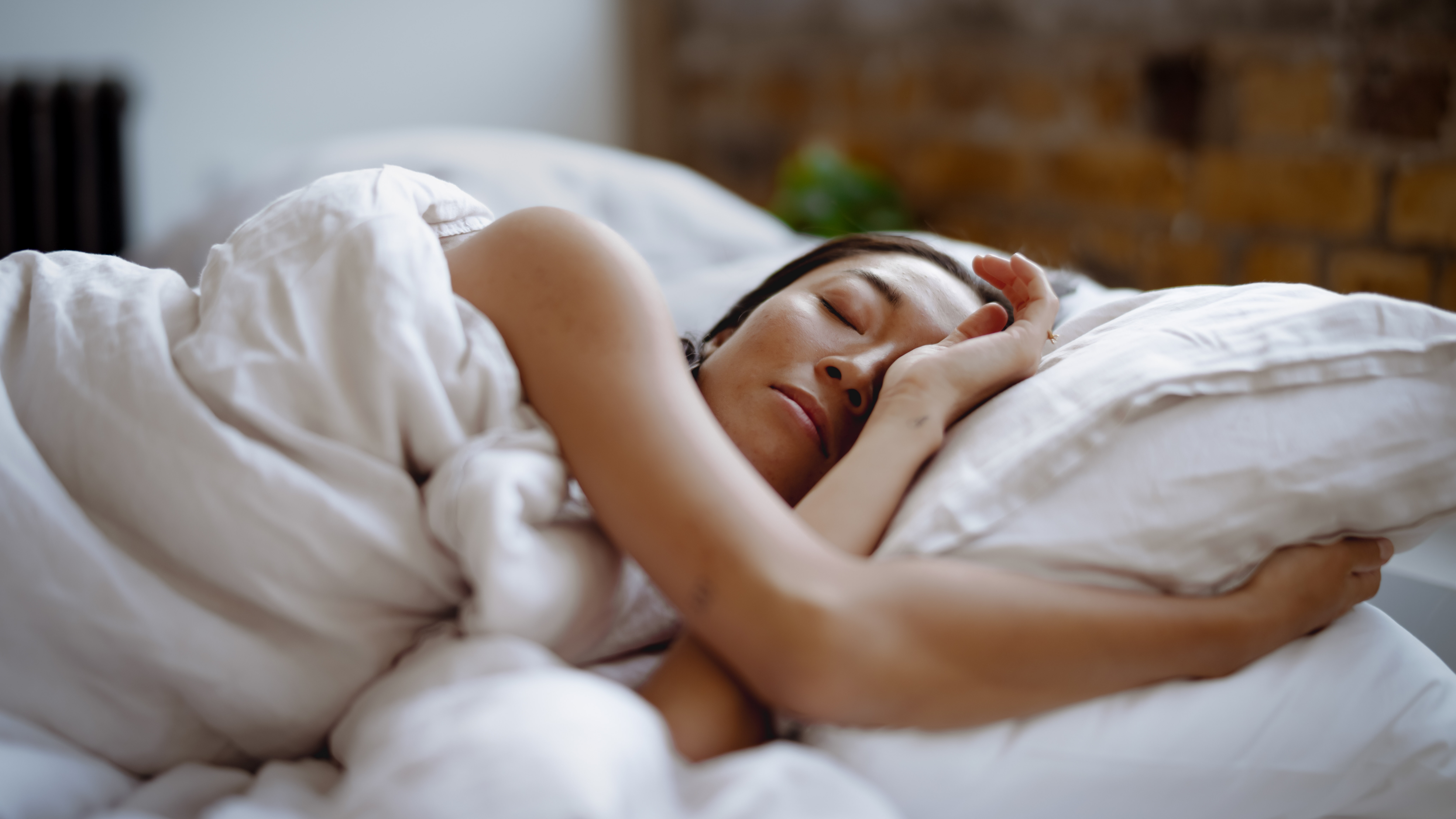

While it isn't mandated any more, the working landscape has shifted since the start of the pandemic with more people continuing to work from home on a regular basis (according to YouGov, 50% of British workers are still working from home at least some of the time, compared to 37% before the pandemic).
Working from home comes with its benefits, but there are drawbacks to not being in a dedicated office, including a disrupted, or at least more fluid, routine, and the fact that your working environment might well not be set up properly. Some might find they're getting headaches more often than usual, and it could be your WFH routine that's to blame.
We spoke to Dr Earim Chaudry, medical doctor and MD of men's health platform Manual, for his advice on the things that can cause headaches, and the changes you can make to prevent them.
1. Fix your posture
You might not realise it, but poor posture can cause headaches. "Tension in your upper back, neck and shoulders can lead to a headache," explains Earim. "Typically, the pain throbs in the base of the skull and sometimes flashes into the face, especially the forehead."
If you're using a makeshift workstation at home, consider your posture. If you're slumped over a laptop sat on your dining tabletop, for instance, it's not going to do your back any good. Investing in an option that lets you stand up at least some of the time might be a good idea – our best standing desk guide has plenty of options, including sit-stand converters as well as dedicated desks.
"Ideally you want to avoid slumped shoulders, and sitting in one position for a long period of time," he continues. "To help reduce headaches, take short, regular walks."
2. Take hourly screen breaks
We all know that spending long hours staring at a bright screen isn't great for us. It can lead to eye strain, blurred vision, and in the long term can even lead to vision problems.
Sign up to the T3 newsletter for smarter living straight to your inbox
Get all the latest news, reviews, deals and buying guides on gorgeous tech, home and active products from the T3 experts
"The brain is channelled to direct the eye muscles to constantly readjust focus between the RPA and the front of the screen. Channelling where our eyes want to focus and where they should be focusing can lead to eye strain and eye fatigue, both of which can trigger a headache," says Earim.
There's also the issue that the blue light emitted by screens has an energising effect, which can make it difficult to wind down if used later in the evening. This leads to poor sleep, which leads to tiredness, which itself can also cause headaches.
"If you find you are affected by prolonged periods of screen time, blue-light-blocking products such as eyewear and screen protectors will help to reduce symptoms," suggests Earim.
3. Don’t skip meals
Another risk associated with working from home is that the structure of the day can become less defined, and you might for example find yourself missing breakfast or lunch. Skipping meals is a bad idea.
"If you are skipping meals for a long period, this can cause your blood sugar levels to drop," explains Earim. "In response to this, your body will release a hormone that signals your brain you’re hungry and these same hormones can increase your blood pressure and tighten your blood vessels, triggering a headache."
4. Go for a walk
WFH can also mean you're not getting the same exercise you used to. Whether that's from skipping visiting the gym becasue it's near the office, or just missing the 15 minute stroll to the train station in the morning, many find that when working from home, they're moving less. "Exercise helps to keep the body and mind healthy and promote better circulation, which can reduce the chances of triggering a headache," says Earim. "Regular, moderate exercise will help, such as briskly walking or riding a bike for 30 minutes a day, particularly outdoors to get fresh air into the body."
5. Keep an eye on your diet
If you're finding you're eating differently when your working from home, for example snacking on salty foods or drinking more caffeine than usual, that could be causing a sore head. Things to keep an eye out for include processed foods that contain nitrates, aged cheeses, pickled and fermented foods, salty foods, caffeine, alcohol, chocolate and artificial sweeteners.
"All of the listed food and drinks contain certain chemicals that trigger functions in your body that can cause headaches. For example, salty processed foods with high levels of sodium can increase blood pressure, causing headaches or migraine attacks," says Earim.
Ruth is a lifestyle journalist specialising in sleep and wellbeing. She has tested more mattresses than her small flat can handle and will talk at length about them to anyone who shows even a passing interest, and has had to implement a one-in-one-out pillow policy for fear of getting smothered in the night. As well as following all the industry trends and advancements in the mattress and bedding world, she regularly speaks to certified experts to delve into the science behind a great night's sleep, and offer you advice to help you get there. She's currently Sleep Editor on Tom's Guide and TechRadar, and prior to that ran the Outdoors and Wellness channels on T3 (now covered by Matt Kollat and Beth Girdler-Maslen respectively).
-
 Eve’s smart plug gets impressive Matter upgrades – but I’m most excited about the app
Eve’s smart plug gets impressive Matter upgrades – but I’m most excited about the appEve Energy adds Matter support and an updated Android app
By Bethan Girdler-Maslen
-
 Audio-Technica’s latest luxury turntable will light up your life, and your records
Audio-Technica’s latest luxury turntable will light up your life, and your recordsThis strictly limited turntable is a feast for the eyes as well as the ears
By Carrie Marshall
-
 I spent 6 weeks with the FoodMarble Aire 2: here’s what I learned about my gut health
I spent 6 weeks with the FoodMarble Aire 2: here’s what I learned about my gut healthI’ve been testing the clever breath-testing gadget with the companion app over several weeks to find out if it delivers on its promises
By Lee Bell
-
 Oil pulling is going viral on TikTok for stopping morning breath – but does it actually work?
Oil pulling is going viral on TikTok for stopping morning breath – but does it actually work?4 hacks that prevent morning breath, according to a sleep expert
By Bethan Girdler-Maslen
-
 These limited edition McLaren x Loop earplugs are what you need for Formula 1 season
These limited edition McLaren x Loop earplugs are what you need for Formula 1 seasonMcLaren teams up with Loop on limited edition noise-reducing earplugs
By Bethan Girdler-Maslen
-
 5 sleep supplements that help me achieve 8+ hours of rest every night
5 sleep supplements that help me achieve 8+ hours of rest every nightIt took me years to perfect my sleep routine – here are the supplements that helped
By Lizzie Wilmot
-
 3 reasons why you wake up at 3am every night – and how to avoid it
3 reasons why you wake up at 3am every night – and how to avoid itAlways waking up in the middle of the night? This could be why…
By Bethan Girdler-Maslen
-
 This tiny device will automatically disable your distracting apps before you sleep
This tiny device will automatically disable your distracting apps before you sleepSay hello to Kip...
By Lizzie Wilmot
-
 Therabody experts give 7 tips for perfecting your sleep routine for World Sleep Day
Therabody experts give 7 tips for perfecting your sleep routine for World Sleep DayFrom breathing exercises to sleep masks, here’s how to prioritise sleep, according to experts
By Bethan Girdler-Maslen
-
 Loop Dream review: super soft earplugs to help you snooze soundly, even if you’re a side sleeper
Loop Dream review: super soft earplugs to help you snooze soundly, even if you’re a side sleeperSquishy silicone and uniquely shaped ear tips take Loop’s nighttime earplugs to dreamy heights
By Joanna Ebsworth